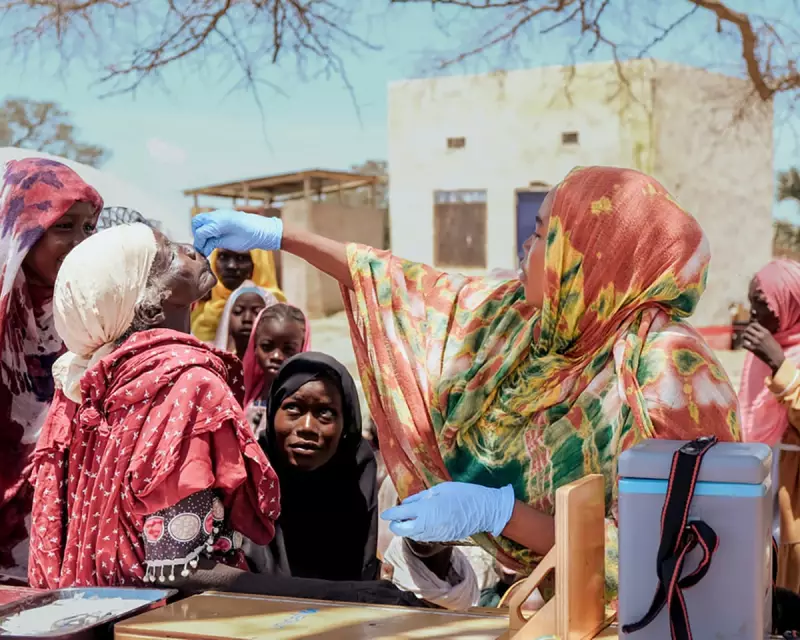
A deadly cholera crisis is sweeping across the globe, with vaccine supplies running critically low as outbreaks intensify from Africa to the Middle East. Health authorities are sounding the alarm as production fails to meet soaring demand, leaving vulnerable populations exposed to the waterborne disease.
Africa's Growing Emergency
Zambia has become the epicentre of one of the worst cholera outbreaks in recent memory, with cases skyrocketing and healthcare systems straining under the pressure. The situation reflects a broader pattern across the continent, where multiple nations are reporting alarming infection rates.
"We are facing a perfect storm," explains a senior World Health Organization official. "Climate change, conflict, and inadequate water sanitation are creating ideal conditions for cholera to thrive, while our vaccine stockpiles are dangerously depleted."
The Vaccine Production Gap
Global health organisations have been forced to ration vaccines, switching from two-dose to single-dose regimens in a desperate attempt to stretch limited supplies. This temporary measure provides shorter protection but allows more people to receive at least some immunity.
The manufacturing bottleneck stems from several factors:
- Limited number of approved vaccine producers worldwide
- Complex production processes requiring specialised facilities
- Funding uncertainties affecting long-term production planning
- Competing priorities in the global health landscape
Climate Change Fuels the Spread
Extreme weather events linked to climate change are accelerating cholera's spread. Flooding contaminates water sources, while droughts force communities to use unsafe water supplies. Regions previously unaffected are now becoming vulnerable to outbreaks.
Health experts emphasise that vaccines alone cannot solve this crisis. "Sustainable solutions must include massive investment in clean water infrastructure and sanitation systems," notes a public health specialist working in affected regions.
Race Against Time
With the traditional cholera season approaching in many regions, health authorities are scrambling to coordinate responses and boost production. However, experts warn that without immediate action and increased funding, the situation could deteriorate further, potentially reaching pandemic levels not seen in decades.
The world watches as this preventable disease continues to claim lives, testing global health systems still recovering from the COVID-19 pandemic and highlighting the urgent need for better preparedness against infectious disease threats.





